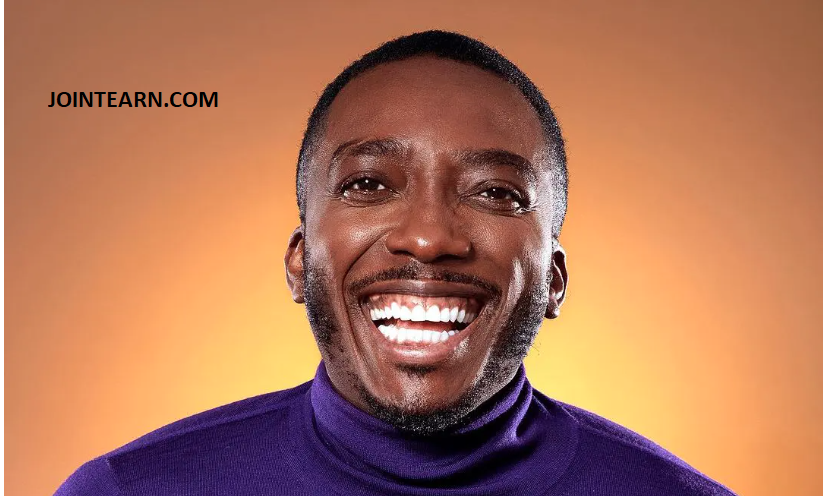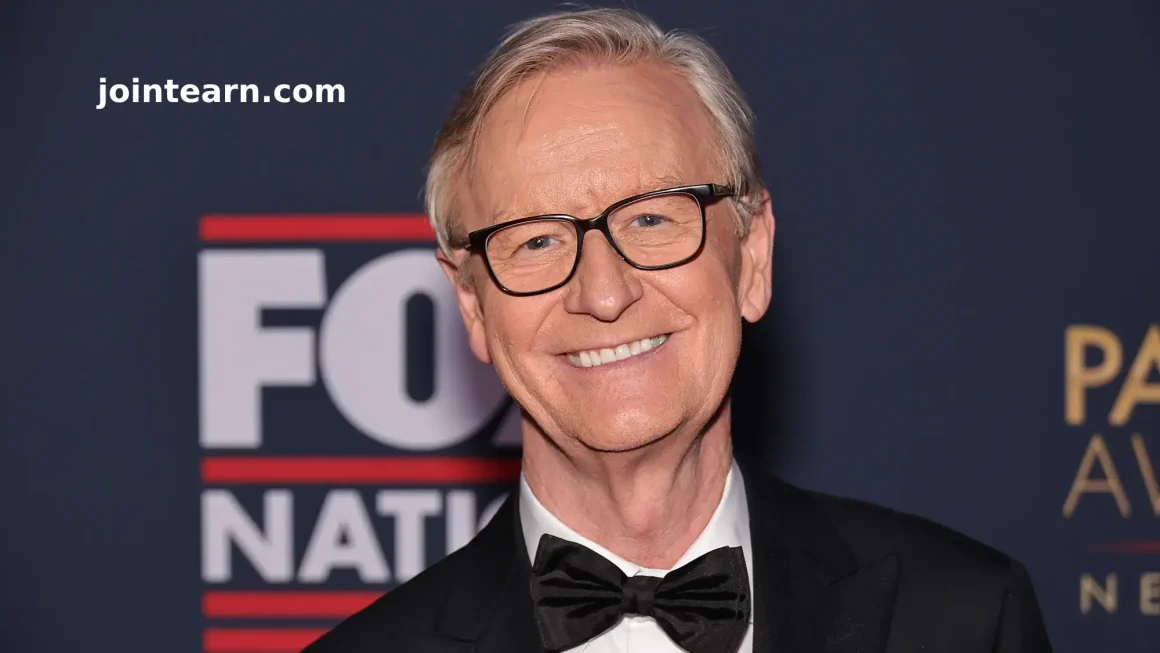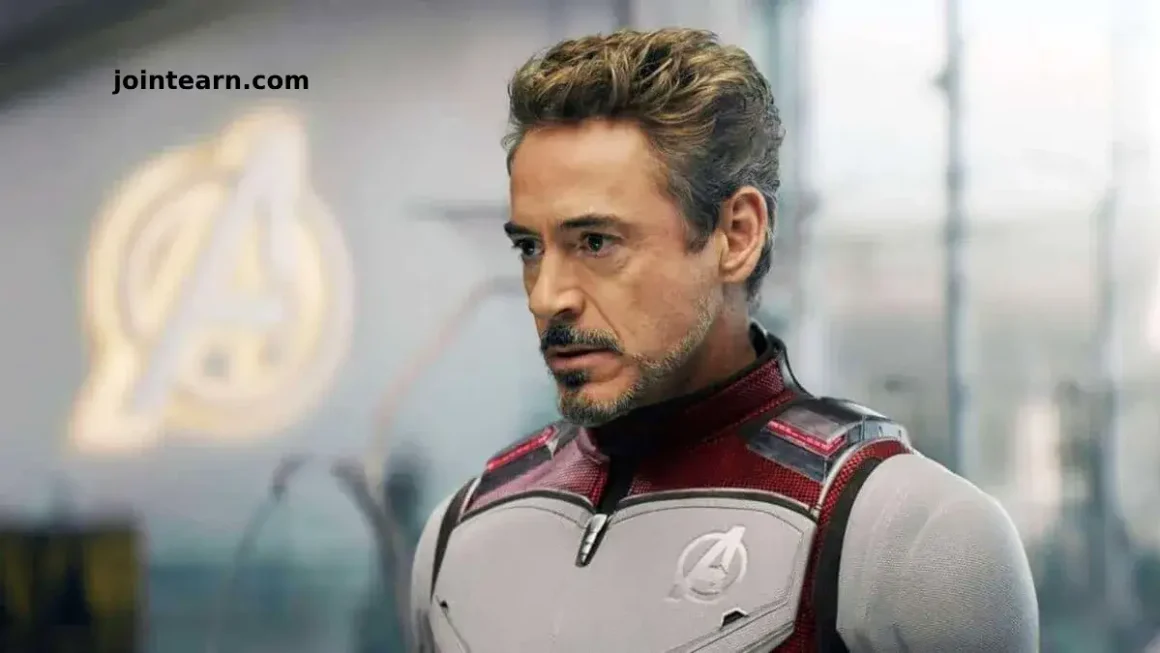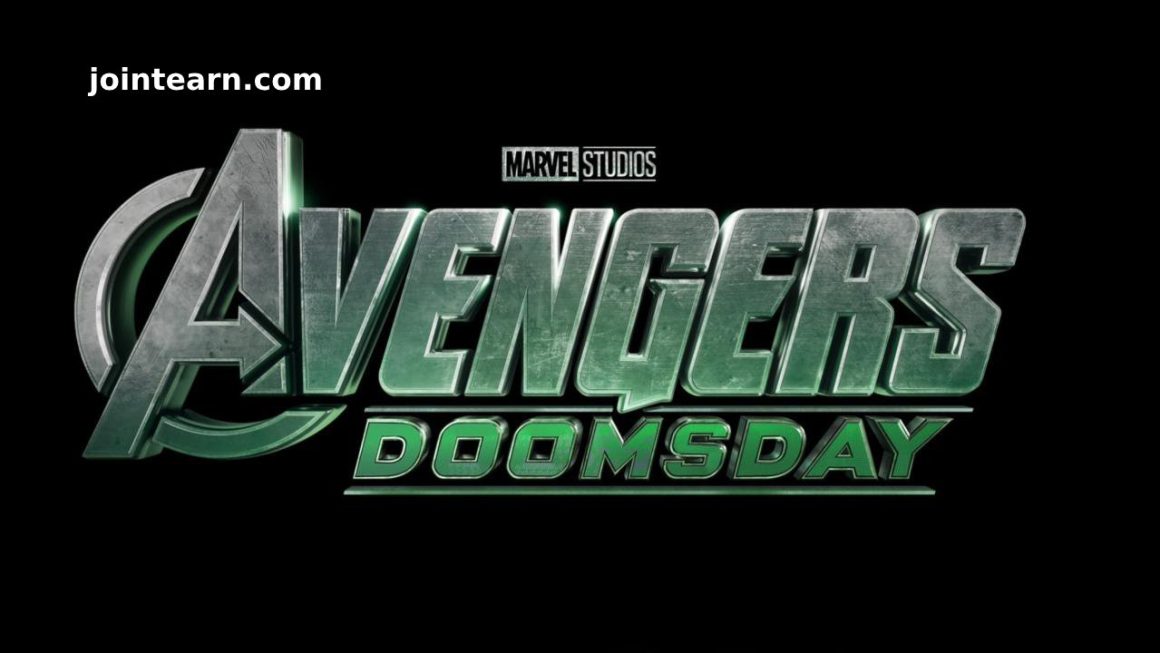Nigerian comedian and actor Bovi Ugboma has opened up about the emotional distance and difficult relationship he had with his late father, describing it as “loveless.” The revelation, which comes as part of a recent interview and social media post, has sparked conversations around parent-child dynamics and the lasting impact of upbringing.
Bovi, known for his sharp wit and humorous storytelling, took a different tone as he delved into his personal life, revealing that despite his father being physically present during his early years, there was a deep emotional gap between them. According to Bovi, the lack of warmth and affection from his father played a significant role in shaping his understanding of relationships, discipline, and emotional intelligence.
“My Father Was Present But Absent”
In the emotional recount, Bovi shared that while his father was physically present in their household, his emotional unavailability made their relationship difficult to navigate. “He was around,” Bovi stated, “but we never really had a connection. It was more about rules and expectations than about bonding or love.”
He recalled incidents from his childhood where he sought approval or affection but was met with criticism or silence. “It was loveless,” Bovi said bluntly. “There were no hugs, no expressions of love. I can’t remember ever hearing ‘I love you’ from him.”
This detachment, Bovi explained, was not due to outright cruelty but rather a result of generational parenting styles that emphasized discipline over emotional engagement. Like many Nigerian fathers of that era, Bovi’s father adhered to a strict, authoritarian parenting model — a style that prioritized control and obedience over empathy and emotional connection.
Lasting Emotional Impact
Bovi admitted that the experience left a mark on him. For many years, he struggled with emotional vulnerability and found it difficult to express affection openly — even to those closest to him. “I had to unlearn so much,” he said. “For a long time, I thought love was supposed to be tough. I didn’t know how to be soft.”
He went on to describe how the emotional distance with his father affected his sense of self-worth as a child and teenager. “You grow up thinking you’re never enough,” he said. “You try to please, to be perfect, to get some kind of acknowledgment. But it never comes.”
Despite these challenges, Bovi emphasized that he holds no resentment. Instead, he has used his experiences as lessons in how not to parent his own children. “I now understand that my father did what he could with what he knew. But I also know that I have to break that cycle. My kids must know they are loved, and they must hear it often.”
A Journey of Healing and Understanding
Although his father is no longer alive, Bovi revealed that he has spent many years trying to make peace with the past. Therapy, introspection, and conscious parenting have all played a part in his healing journey. “It’s not about blaming anyone,” he noted. “It’s about acknowledging the pain, understanding where it came from, and choosing a better path forward.”
He encouraged others who may have had similar experiences to seek healing and not shy away from addressing the wounds of their upbringing. “We have to talk about these things,” Bovi stressed. “Silence only makes it worse. Emotional neglect is real, and it can affect you for the rest of your life if you don’t deal with it.”
Public Reaction and Conversation
Since Bovi shared his story, social media has been abuzz with reactions from fans and followers, many of whom praised his honesty and vulnerability. Some shared similar experiences, noting how common emotional distance was in Nigerian households, particularly from fathers.
Mental health advocates have also weighed in, using Bovi’s story to highlight the importance of emotional presence in parenting. “A parent can provide food, shelter, and education, but if love and emotional support are missing, the child still suffers,” one mental health expert commented.
The conversation has reignited broader discussions about the evolving role of African fathers, the stigma around emotional expression, and the need for intentional parenting in modern families.
Redefining Fatherhood
Bovi’s reflections serve as a poignant reminder that fatherhood goes beyond financial provision or discipline. In an age where emotional intelligence and mental health are gaining prominence, his story is a call to action for parents — especially fathers — to engage with their children on a deeper, more meaningful level.
“Being a father now, I know what I missed,” Bovi said. “And I make sure my kids never have to wonder whether they’re loved.”
In closing, Bovi’s candid words are more than a personal revelation — they are a challenge to cultural norms that have long equated emotional distance with strength. His willingness to confront painful memories not only humanizes him but also contributes to an ongoing societal shift toward more emotionally connected parenting.
As one fan put it online: “Thank you, Bovi, for speaking your truth. You’re helping a lot of us heal.”












